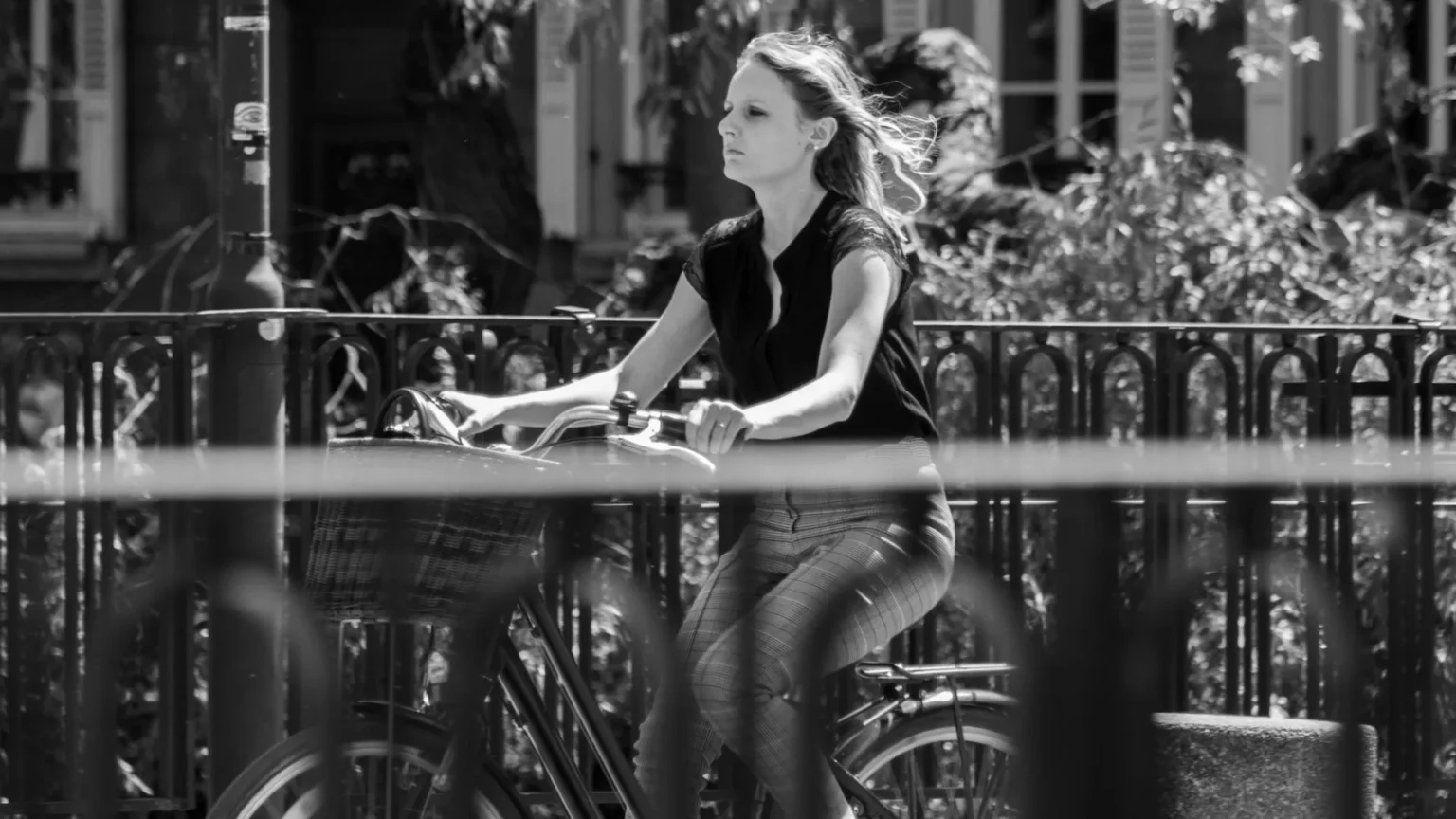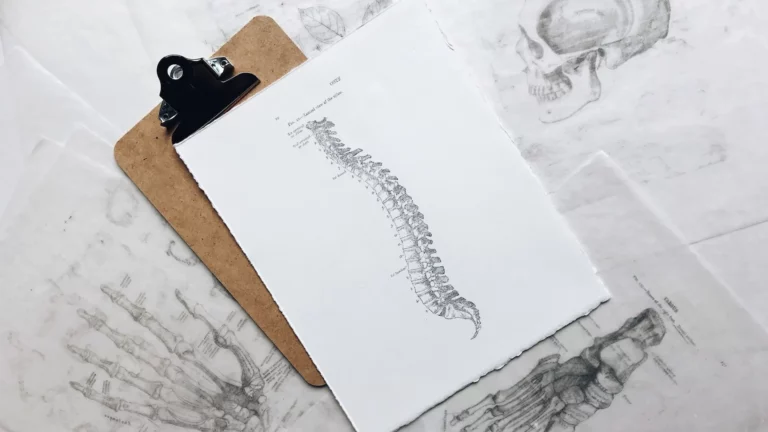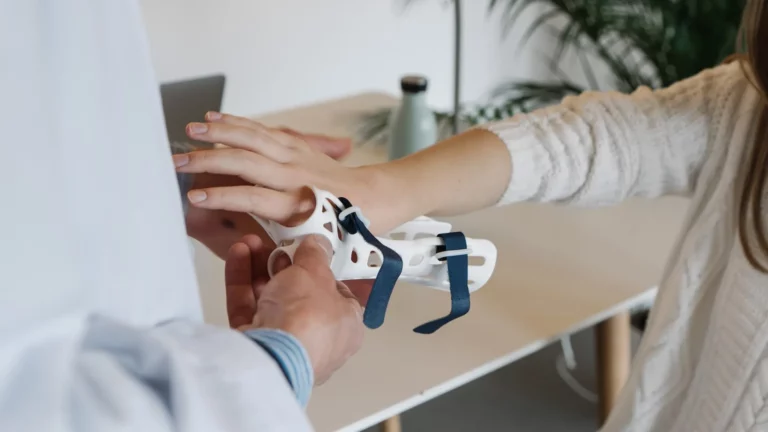¿Cómo entablo una demanda por lesiones en accidente de bicicleta en Nueva Jersey?

In New Jersey, bicycle accidents often occur due to reckless driving, hazardous road conditions, or careless pedestrians. The state’s injury law is designed to protect and compensate individuals who have been injured in a bike accident as well as their families. In the event of death resulting from a cycling accident, family members can file a wrongful death lawsuit against those responsible for the accident to receive financial compensation for their loss.
Such lawsuits are important as they help hold parties accountable and provide justice and closure to those affected by such tragic events. Anyone involved in a bicycle-related accident must contact an experienced personal injury or wrongful death attorney right away to discuss their legal options. With the right legal counsel, victims and families can seek the compensation that they deserve for medical bills, lost wages, and other damages.
When can I sue after a bicycle accident in New Jersey?
In the state of New Jersey, a person may sue for a bicycle accident only if certain conditions under the law are satisfied. The most important condition is that your injury must have been caused by the negligence or recklessness of another party. If this is not established, then you will not be able to pursue any kind of legal action regarding the accident.
The other important factor when it comes to suing after a bicycle accident in New Jersey is determining who is at fault for the incident that occurred. Sometimes it can be difficult to determine who was responsible and therefore, it’s wise to seek professional advice from an experienced lawyer before launching a lawsuit.
Another factor that should be considered when considering whether to file a suit after a bicycle accident in New Jersey is the statute of limitations on such claims. This time limit varies by state, but generally, it is two years from the date of the incident or injury for personal injury cases in New Jersey. If this deadline has passed and you decide to pursue legal action, then it may be too late, and your case will not be successful.
Finally, if you do decide to sue after a bicycle accident in New Jersey, it’s important to make sure that you have all the necessary evidence to back up your claim. This includes medical records, photographs of the damage caused to either person involved in the accident, and any witness testimony that could help prove fault or negligence. With strong evidence like this at hand, you stand a much better chance of receiving a favorable outcome from your lawsuit.
Without it, you likely won’t be able to establish sufficient proof that the other party was at fault and should have liability for your injuries. To ensure that you can make a successful case for yourself, it’s wise to consult an attorney who is familiar with bicycle accident law in New Jersey and understands all the steps needed for making such a claim. This will give you the best chance of obtaining justice and financial compensation if you were wrongfully injured due to another person’s negligence or recklessness.
In conclusion, if you believe that another party was negligent or reckless in causing your injury after a bicycle accident in New Jersey, then it may be advisable to pursue legal action. However, it’s important to understand that this is a complex process, and the right evidence must be gathered to prove fault and win your case. Therefore, it’s wise to consult an experienced lawyer before taking any legal steps to ensure you have the best chance of success. With their assistance, you can make sure that all of your rights are fully protected and that you get the justice you deserve for being wrongfully injured due to someone else’s negligence or recklessness.
How common are biking accidents in New Jersey?
Bicycle accidents are a genuine issue in the state of New Jersey. According to statistics from the United States Department of Transportation, there were 1,394 bicycle crashes involving motor vehicles in 2018 alone. Of those reported crashes, 36 resulted in fatalities—a sobering statistic that shows how dangerous cycling on the roads can be for even experienced riders. In addition, nearly 400 cyclists suffered major injuries in these collisions, and over 1,000 experienced minor injuries or property damage when involved in an accident with a motor vehicle.
These numbers only tell part of the story—there may be many more unreported incidents where cyclists sustained some sort of injury but did not seek medical attention or contact authorities to record the incident. This means that common bicycle accidents are likely much more widespread than the statistics show.
Cyclists need to recognize the risks on the road and take proper safety measures when riding their bikes. Wearing a helmet, following traffic laws, and being aware of your surroundings are all essential steps in avoiding serious injury from an accident. With heightened awareness and adherence to safety protocols, cyclists can go a long way toward reducing bicycle accidents in New Jersey.
In addition to taking personal safety measures, cyclists can also encourage their local communities and governments to prioritize cycling infrastructure. Bike lanes and paths are proven to reduce the risk of accidents as they provide a dedicated space for cyclists separate from motor vehicles. Additionally, increased visibility with bright colors and reflectors on roads can help drivers better recognize cyclists when they are sharing the road. With these improvements in place, everyone on the roads will benefit from greater safety and a reduced likelihood of bicycle accidents occurring in New Jersey.
At the end of the day, being aware of potential danger is key to avoiding common bicycle accidents in New Jersey. Taking proper safety measures when riding your bike and advocating for improved cycling infrastructure are both essential steps for cyclists to reduce the risk of a serious accident. With increased safety, cycling can be a safe and enjoyable activity for everyone.
The New Jersey Department of Transportation also provides numerous resources to help riders stay safe on the roads. Their website includes safety tips, laws regarding cyclists and motorized vehicles, and information about bike-sharing programs in various communities throughout the state. Riders should utilize these resources to ensure they are equipped with up-to-date information when taking their bikes out on the roads. By following these guidelines, cyclists in New Jersey can confidently navigate their way through traffic while minimizing their risk of becoming involved in an accident.
Risk Factors for Bicycle Accidents
The risk factors for bicycle accidents in New Jersey are considerable. The most common cause of bicycle accidents is reckless or careless driving by motorists and other cyclists. This includes not paying attention to traffic signals, failing to yield the right-of-way, speeding, weaving in and out of traffic lanes and texting while driving. Other risks include poor road conditions, such as potholes, debris, or loose gravel on the road surface; inadequate lighting at night or inclement weather; objects in the roadway that cannot be seen due to visibility impairments; and improperly maintained bike lanes or pathways.
In addition, bicyclists may be more prone to injury if they do not wear appropriate safety equipment such as helmets and reflective clothing. Finally, alcohol consumption by either cyclists or motorists can increase the risk of a bicycle accident. Bicyclists need to be aware of these potential risk factors and take all necessary precautions while riding. Additionally, cyclists should always obey traffic laws and use caution when sharing the road with motor vehicles. By being aware of these risks, cyclists can reduce their chances of becoming involved in an accident.
What should I do after I get hit by a car on my bike in New Jersey?
The first step after a bicycle accident in New Jersey is to seek medical attention. Even if the injury appears to be minor, it’s important to get checked out by a doctor. Doing so can help protect your legal rights and ensure that you receive proper treatment and compensation for any injuries or damage suffered.
Second, exchange contact information with anyone involved in the accident, including witnesses. It may also be wise to take photographs of the scene and any damage caused as evidence. This can all help strengthen your case, later, should you decide to pursue legal action against another party who may have been at fault for the crash.
Next, report the incident to local law enforcement officials as soon as possible (if they were not already called). It is important to obtain a police report, as this document can be used in court if necessary.
Finally, contact an attorney who specializes in bicycle accident cases. They will be able to guide you through the legal process and help you protect your rights and interests. Furthermore, you must speak with an attorney before speaking with any insurance companies involved in the case since insurers may try to get you to settle for less than what is fair or deserved. If finances are a problem, many lawyers offer free consultations and operate on a contingency fee basis so there are no upfront costs associated with hiring them – they only get paid if they win your case.
By following these steps after being involved in a bicycle accident, victims can ensure that their rights are protected and that they receive the full amount of compensation to which they are entitled.
Is the city to blame if road conditions caused my accident?
The answer to this question depends on the specifics of your accident, as well as any applicable New Jersey laws. In some cases, it may be possible to hold a city or other government entity responsible for failing to keep roads in an adequate condition that would prevent bicycle accidents from occurring. This responsibility usually extends to ensuring that roads are properly maintained and free from hazardous conditions, such as potholes or large cracks in the pavement. Additionally, cities may be held accountable for not warning cyclists of dangerous sections of roadways or for providing insufficient lighting in areas where cycling is common at night.
To determine whether you have a valid claim against a city or other government entity in New Jersey, it is important to consult with an experienced accident attorney. Your lawyer can review the facts of your case and advise you on how to proceed. It is also important to keep in mind that even if the city or government entity may have been partly responsible for the accident, any compensation you receive could be reduced by your negligence. Therefore, it is very important to consult with an experienced bicycle accident attorney as soon as possible after your accident.
An experienced lawyer can help you understand your rights, protect them, and fight for the maximum amount of compensation to which you are entitled under New Jersey law. By taking this step, you will be better prepared to pursue a successful claim against a city or other government entity to obtain fair and just compensation for your injuries.
In addition, having a qualified lawyer on your side from the start of your claim can help you navigate any legal obstacles that may arise throughout the process. So don’t wait to get justice—contact an experienced bicycle accident attorney today to discuss your case and determine whether you have a valid claim against a city for your New Jersey bicycle accident. By understanding the law and acting quickly, you will be better prepared to pursue a successful claim and recover the compensation that you deserve.
Can I sue if my child or spouse was killed in a bike accident?
In New Jersey, if a person’s child or spouse has been killed in a bike accident, they may be eligible to file a wrongful death claim and pursue damages. The laws which govern this type of case are complex, but the person filing the claim must prove that the death was due to another party’s negligence, recklessness, or intentional misconduct. For example, if the bicyclist was hit by a car or truck, then it would need to be proven that the driver was at fault for causing the crash.
The family members who can bring forward this type of action will depend on their relationship with the deceased and whether there were any surviving parents. In certain cases, grandparents could also potentially file such claims under limited circumstances.
In addition, the damages that may be recovered can vary greatly. Those eligible to file these claims are allowed to seek reimbursement for medical bills and burial expenses. Furthermore, damages for the pain and suffering endured by the deceased’s family members could also potentially be pursued.
It is important to note that filing a wrongful death claim in New Jersey must occur within two years of the accident or injury causing an individual’s death. As such, affected parties need to speak with an experienced personal injury lawyer as soon as possible after a tragic bike accident occurs to determine their legal rights and options. By doing so they can work towards ensuring any potential claims are filed within these two years.
It is understandable for affected family members to feel overwhelmed and confused during this challenging time. Because of the complexity of these laws, it is highly recommended that legal advice be sought as soon as possible following a fatal bike accident in New Jersey. Doing so can provide crucial guidance to ensure that any potential claims are filed within the appropriate timeframe and all of one’s legal rights are fully protected under the law.
Blogs relacionados
Sin tasas a menos que
GGL Gana
Le tenemos cubierto.
Estamos disponibles 24/7/365
Uno de nuestros asesores se pondrá en contacto con usted.

SOCIO OFICIAL DE RUTGERS ATHLETICS



Ganancias recientes de GGL
Accidente de tráfico
Premio de mediación El demandante sufrió lesiones en una colisión automovilística en una intersección, que le obligaron a someterse a cirugías de fusión del cuello y la zona lumbar.
2 millones de dólares
Veredicto
Indemnización por accidente laboral
Un obrero de 25 años murió en un accidente laboral mientras trabajaba.
1,15 millones de dólares
Veredicto
Accidente en la construcción
Un techador se cayó del tejado y sufrió un traumatismo craneoencefálico.
El contratista no proporcionó al demandante equipo de protección anticaídas.







